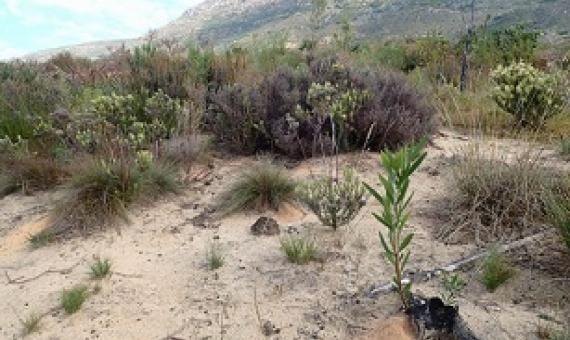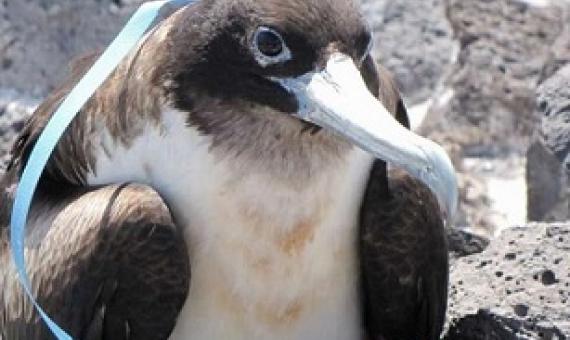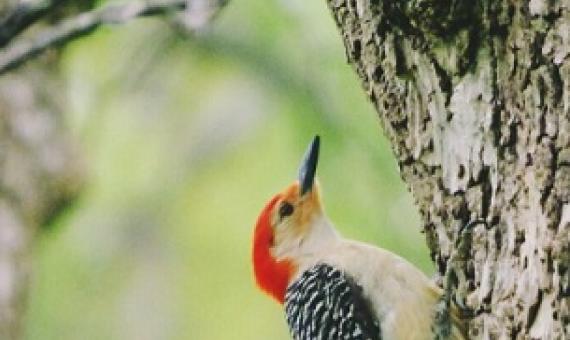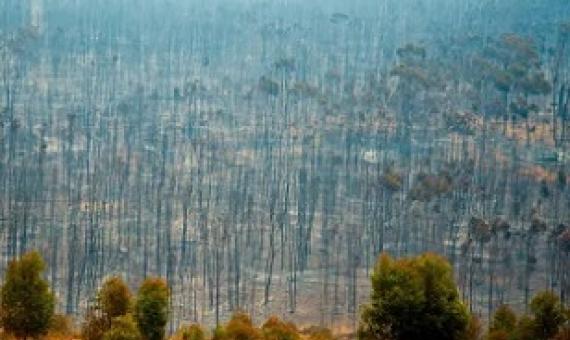The Atlas of Global Surface Water Dynamics created by the European Commission's Joint Research Center (JRC) illustrates the changes in the Earth's lakes, rivers and wetlands over time.
Insurance could cost-effectively help protect and restore mangrove forests, which can offer increased resilience and protect against coastal flooding, according to a report published today by The Nature Conservancy and University of California, Santa Cruz, and supported by AXA XL...The
A recently published study in the journal Science gives recommendations for decision-makers preparing to set new biodiversity goals at the Convention on Biological Diversity (CBD) in 2021.
Does going green pay off? Research published in the World Review of Entrepreneurship, Management and Sustainable Development hopes to answer that question from a sustainability performance perspective.
In a new study, researchers from SANParks and their collaborators from the Centre for Invasion Biology put a theoretical commonness framework to the test to demonstrate how changing the resolution of data used in alien species management can revolutionize how we manage them...Managing alien plant
Area-based conservation in the twenty-first century
Humanity will soon define a new era for nature—one that seeks to transform decades of underwhelming responses to the global biodiversity crisis. Area-based conservation efforts, which include both protected areas and other effective area-based conservation measures, are likely to extend and diversify. However, persistent shortfalls in ecological representation and management effectiveness diminish the potential role of area-based conservation in stemming biodiversity loss.
Plastic gathered from remote corners of the South Pacific Ocean, including nesting areas of New Zealand albatrosses, has confirmed the global threat of plastic pollution to seabirds.
To calculate the true value of a forest, we need to know how people benefit from it, according to new research published in Nature Sustainability.
A group of economists, anthropologists, and environmental scientists from three continents argued that concrete policies to promote better management of biodiversity haven’t been prioritized in most economic recovery packages that countries around the world are proposing after the pande
One-fifth of the world’s countries are at risk of their ecosystems collapsing because of the destruction of wildlife and their habitats, according to an analysis by the insurance firm Swiss Re.














